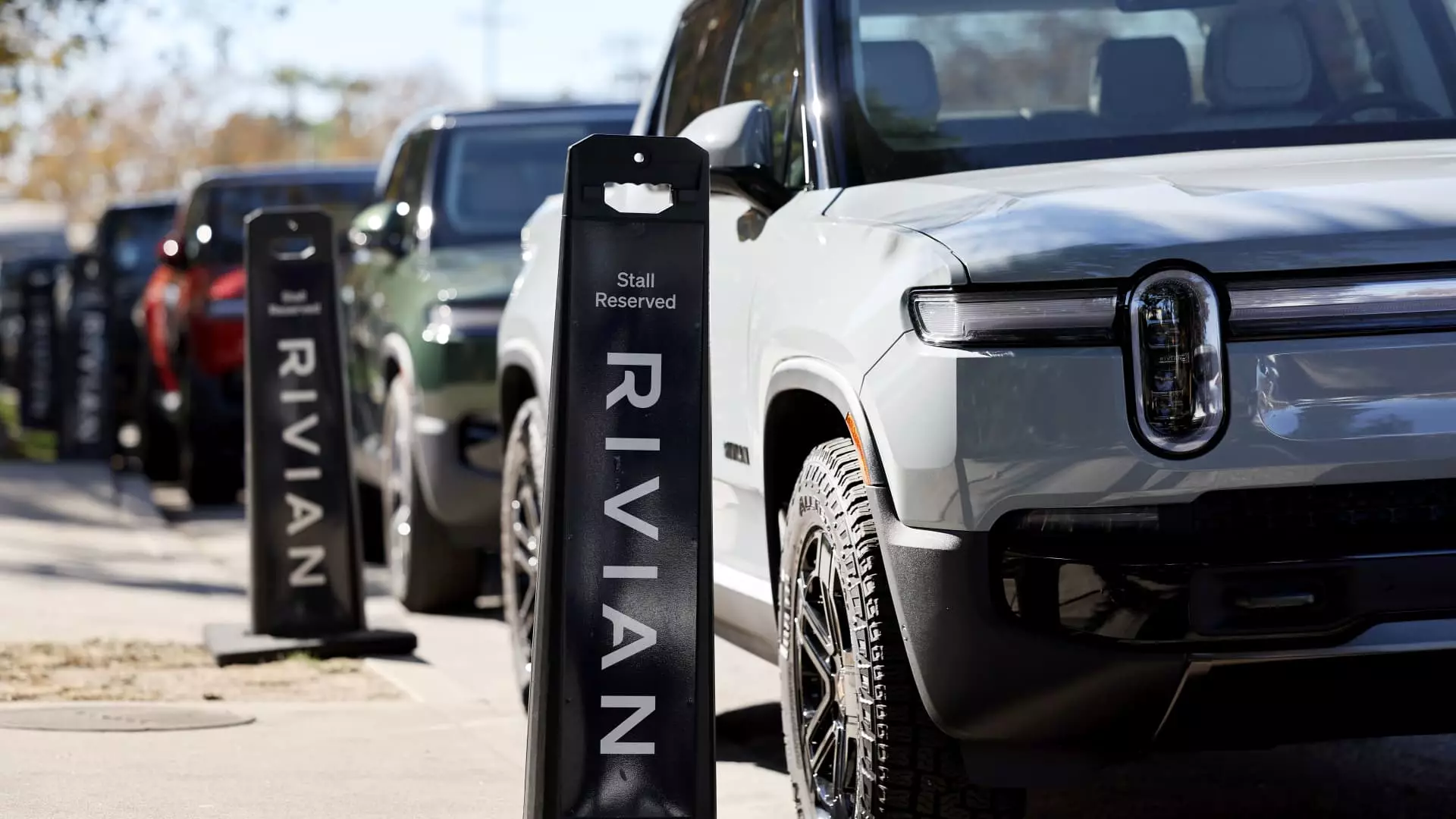Rivian Automotive, an electric vehicle (EV) manufacturer, recently marked a significant milestone as its stock soared by 24.5%, the largest single-day gain since its public debut in November 2021. This substantial increase came after the company announced its production and delivery numbers for 2024, aligning closely with prior expectations. The closing price of $16.49 per share reflects increased investor confidence amid a tumultuous past year for the company, which has battled production challenges and cash burn.
In 2024, Rivian reported producing a total of 49,476 vehicles, which included 12,727 trucks and vans from October to December alone. Deliveries peaked at 51,579 vehicles for the year, surpassing analyst predictions. These results come in light of Rivian adjusting its production target downward in October, reducing expectations from 57,000 vehicles to a range of 47,000 to 49,000. This adjustment was attributed to a shortage of critical components required for its flagship vehicles, the R1T pickup and R1S SUV. However, the latest announcements from the company indicate that this component shortage is no longer impacting production capabilities.
The stark contrast between Rivian’s recent stock performance and its previous hardships highlights a potential turning point for the company. Last year, shares plummeted by 43% as operational hurdles and cash flow issues raised concerns among investors. Nonetheless, the positive production outcome suggests that Rivian is steering away from its earlier struggles, and investors seem to be responding favorably. The recent stock surge emphasizes a renewed optimism surrounding the EV maker, particularly as the market for electric vehicles continues to grow.
Ahead of Rivian’s impending announcement of its fourth-quarter financial results on February 20, stakeholders eagerly anticipate further details on its financial health. This report will be critical in determining whether the production achievements translate into profitability and help to restore investor confidence long-term. The company’s ability to efficiently manage its operations and avoid past pitfalls will be under scrutiny, and how they deliver on these financial results may largely dictate investor sentiment moving forward.
While Rivian has shown resilience by altering its production strategy and addressing supply chain hurdles, the EV landscape remains competitive. Rivian will need to continue innovating and improving its production processes to sustain the trust of investors and consumers alike. As the company navigates future challenges in an evolving market, its recent performance could serve as a vital stepping stone toward a more stable financial future, setting the pace for other electric vehicle manufacturers. The stage is set for Rivian, but only time will reveal whether this path leads to lasting success or another series of setbacks.

